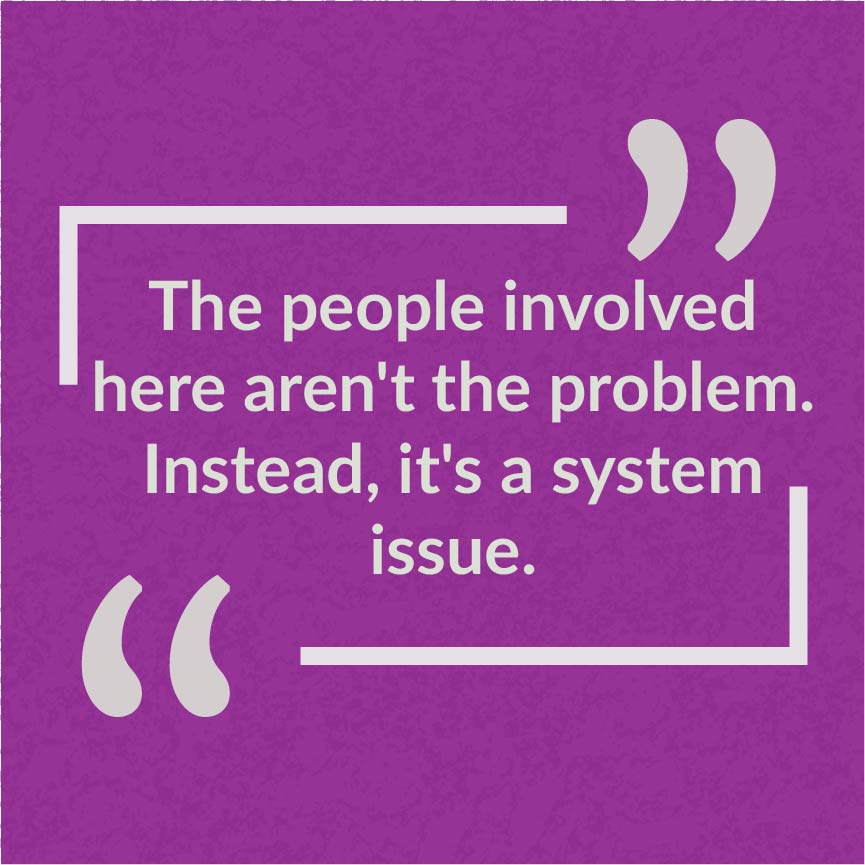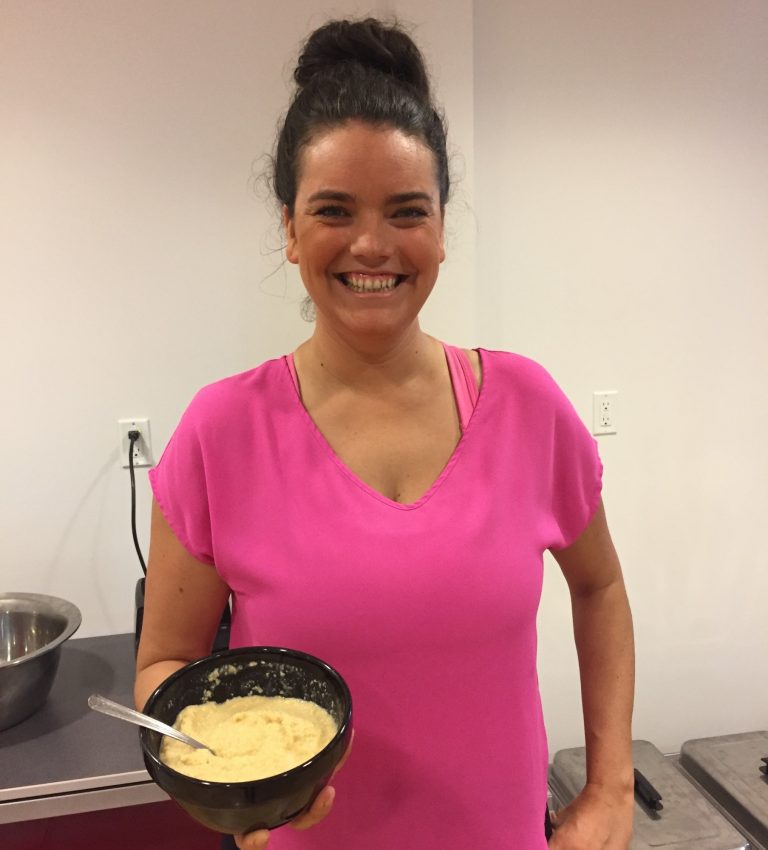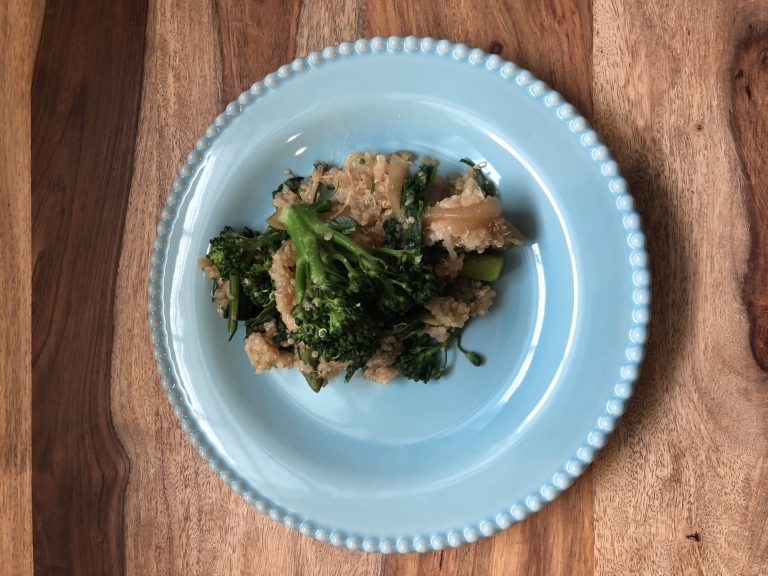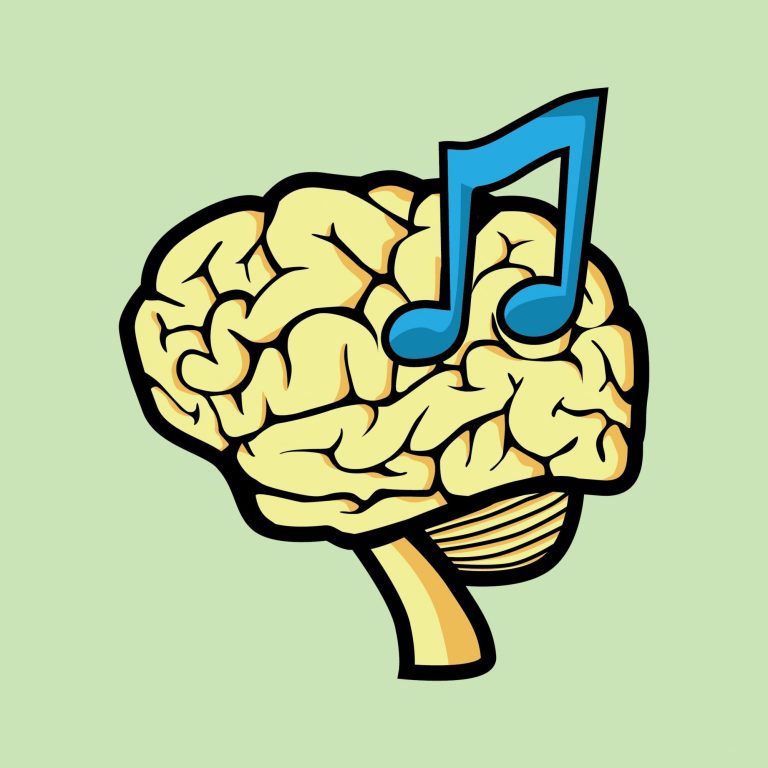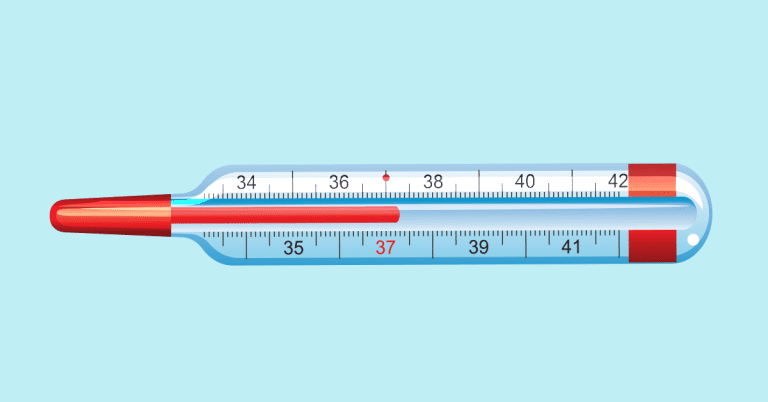You Are Your Own Best Doctor
By Michael Dangovian
June 7, 2018

As a doctor myself, I can see it happening all around us. The medical system is failing. But we can reverse it if we’re each able to make one simple change…
I once heard a story of a woman who, after coming back from a run, found a tick on her arm. She was able to get it off intact but was worried it had bitten her. After a few days, she began to feel weak, emotionally exhausted, and achy. The next week, she began experiencing high fevers.
She went to the doctor and explained her symptoms. She also told him she was convinced it was Lyme disease. After all, she’d found that tick. The doctor went down the checklist for diagnosing Lyme disease but told her that while yes, she had some of the symptoms, she didn’t have the “bull’s eye rash” that almost always surrounds the bite location.
So, she went home. A day or two later the symptoms worsened. And, whats more, the bull’s eye rash now presented.
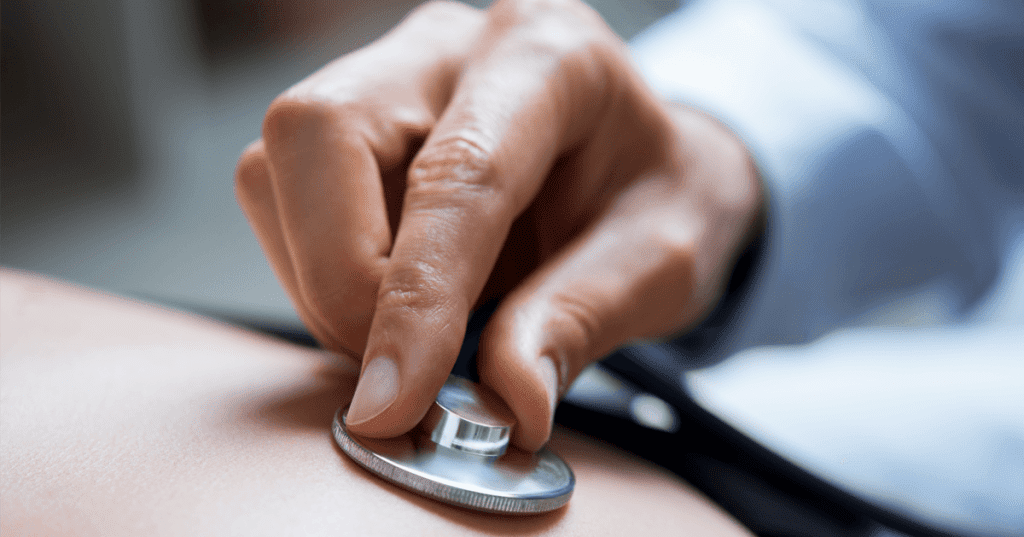
She went to the ER. The doctors finally agreed that it was Lyme disease and put her on an intensive round of antibiotics. Over the next few days, the symptoms begin to decrease, and she was sent on her way. The doctors agreed: She had been healed.
But, she knew something was still wrong. She tried to explain this feeling to her doctor, but he wasn’t convinced. She went home empty-handed and worried.
A week after being “healed,” she began having night sweats, incredibly painful abdominal cramps, and fevers that reached as high as 105 degrees. But, because the doctor had told her the Lyme disease had been cured, she started to wonder if these symptoms were related to something else.
She knew something was wrong, but her doctor was, well, a doctor after all. Surely, he knew best, right?
The Misdiagnoses Epidemic
The results of recent studies are shocking: One in twelve patient cases are misdiagnosed. That statistic accounts for twelve million people each year. Studies of autopsies have shown that doctors seriously misdiagnose fatal illnesses about 20 percent of the time.
It gets worse: John Hopkins University recently published a study that shows misdiagnosis and medical mistakes are now the third leading cause of death in the United States. Think about that fact: Only heart disease and cancer kill more people per year than doctors getting it wrong.
Despite all our technological advances, the American Medical Association recently published an article stating that misdiagnosis rates haven’t improved since the 1930s.
So, one thing is clear. We have a problem. But before we start trying to figure out a solution we need to ask another question. Namely, how did we end up here?
Why We’re in This Mess
Doctors care about their patients. Let’s make that clear up front. The problems in our healthcare system aren’t a result of a lack of concern from physicians.
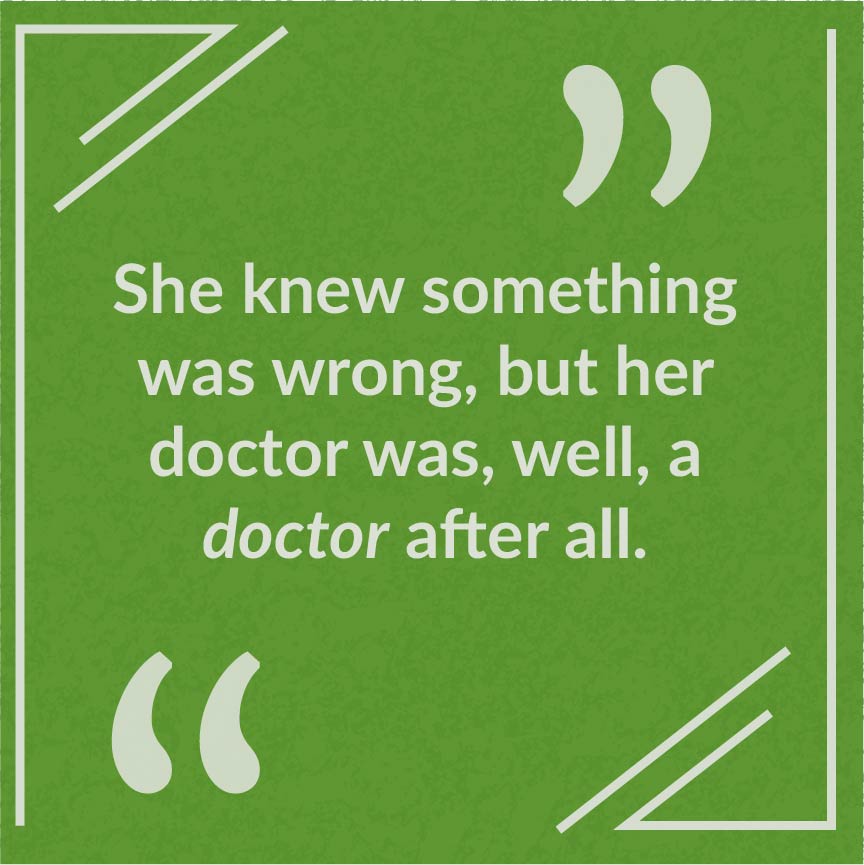
The people involved here aren’t the problem. Instead, it’s a system issue.
The way it works now is that doctors, nurses, and the hospitals themselves aren’t paid to come up with the correct diagnosis. Instead, they’re paid to run tests, hand out prescriptions, and perform surgeries. They aren’t reimbursed for being right. They also aren’t negatively incentivized for being wrong.
Couple that with the necessity of seeing many people each day and having the ethical obligation to do something to treat them, and it shouldn’t be a surprise that misdiagnoses rates are so high.
So, what do we do about it?
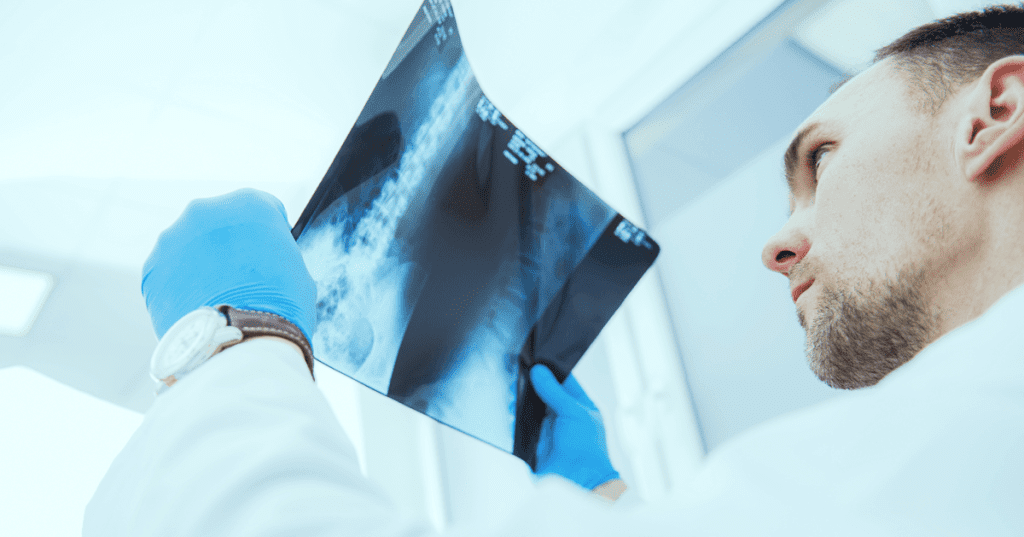
The Solution
Back to my friend with Lyme disease. She knew she was still sick… even after getting a clean bill of health from her doctors. And it was getting worse.
She decided to do her own research and eventually found a doctor who knew a lot about Lyme disease. She went to her, got the right treatment, and finally, after years of being sick, was cured.
And in her story, we find the answer to our current healthcare problems. She was her own best doctor. She knew how she felt. She knew the doctors weren’t looking at the whole picture. So, she became her own advocate.
To get to that point, though, she had to be in tune with her body. She had to listen to what her body was telling her. And it’s the same thing for everyone.
If you begin building the habits that provide the foundation for so much of our health—awareness, consideration, transformation (which you can read more about here)—your body will tell you what it needs. It will tell you when you feel great and will communicate when something is wrong.
You are your best doctor. Become an advocate for your own health, and so many of the problems we see in our healthcare system will reverse themselves. Listen to your body. It’s got some great information to share!
